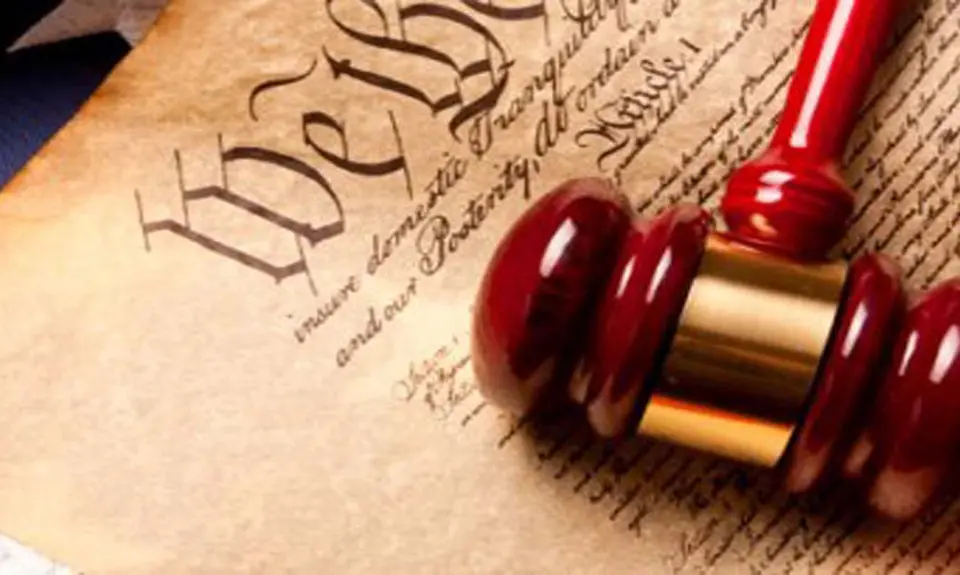“Confirmed Judges, Confirmed Fears” is a blog series documenting the harmful impact of President Trump’s judges on Americans’ rights and liberties. Cases in the series can be found by issue and by judge at this link.
Trump judge Joel Carson was the deciding vote in a Tenth Circuit panel ruling upholding a criminal conviction tainted by a constitutional violation: Key evidence introduced at trial was obtained without a Miranda warning and should have been suppressed. In a December case called U.S. v. O’Neal, a divided 2-1 panel ruled the violation could be ignored as “harmless error.”
When Katherine O’Neal flew from Colorado to the Dominican Republic, she carried several weapons and ammunition in her luggage, which she disclosed to the airline. When she picked up her baggage, she was questioned by Dominican officials and by Matthew Larko, a U.S. agent from the Department of Homeland Security. No one read O’Neal her Miranda rights, and she told them that a sergeant in Colorado had assured her that she could transport the weapons as long as she had a concealed-carry permit (which she had) and she informed the airline (which she did).
The federal government charged her with taking arms across the border while knowing that was illegal. The burden was on the prosecution to prove beyond a reasonable doubt that she knew she was breaking the law. As evidence, Agent Larko testified about his un-Mirandized conversation with her, and stated further that he had checked with the sergeant in Colorado, who denied the conversation had occurred. This severely damaged her credibility, and she was convicted.
Judge Carson joined an opinion by Judge Paul Kelly finding that allowing the conversation and follow-up as evidence violated the Constitution, but was “harmless error.” In dissent, Judge Robert Bacharach noted that jurors had no direct evidence on the key issue—whether O’Neal had known she was acting unlawfully—and that the prosecution relied on the conversation with Larko: Why would she have lied unless she knew she was breaking the law?
The majority cited other evidence that the jury might have relied on had they not known about the un-Mirandized conversation. But as Judge Bacharach explained, that evidence was much weaker, leaving open the strong possibility that the jury might have acquitted her.
